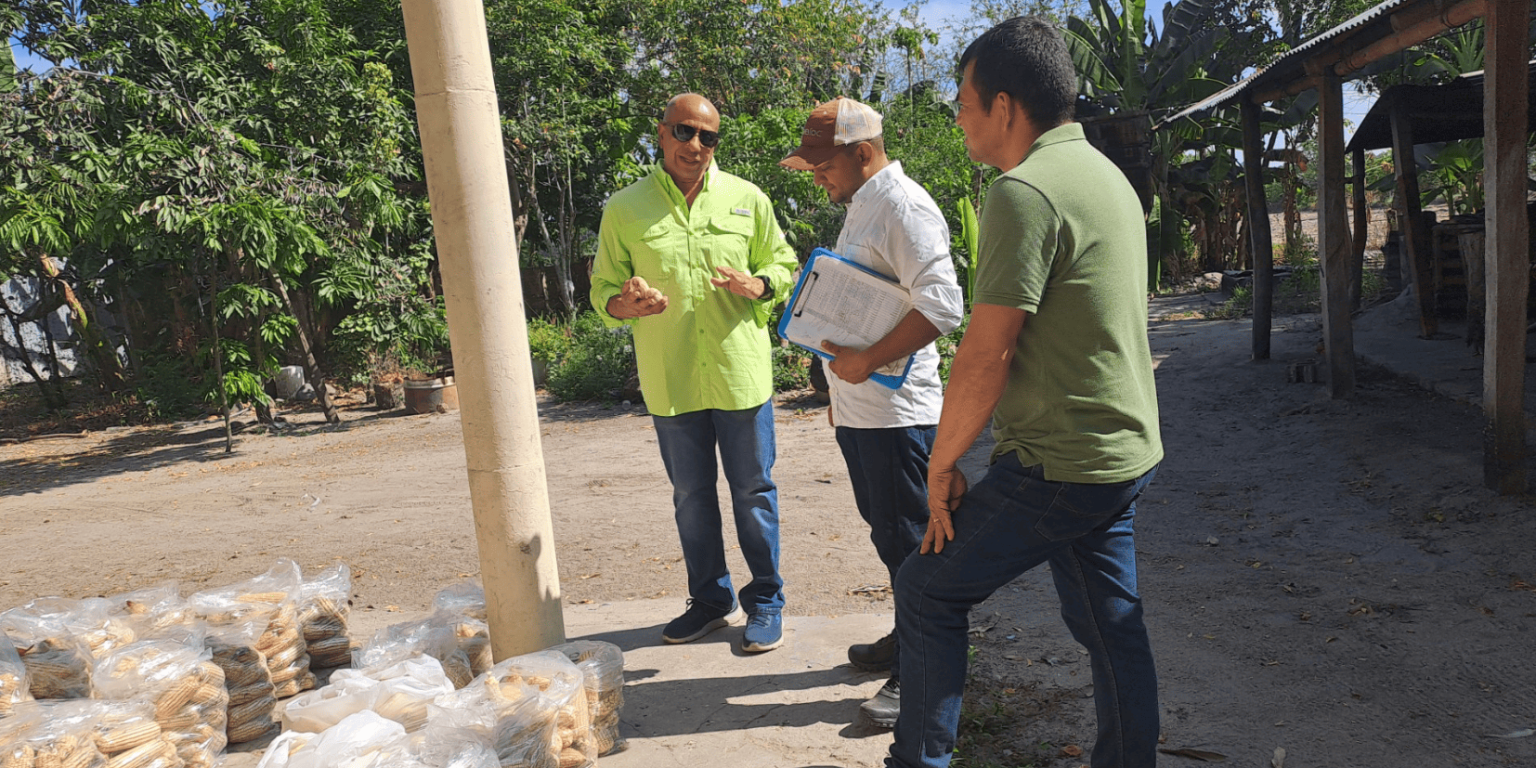The session began with Bram Govaerts, Director General of CIMMYT, emphasizing the need for better role models and the value of learning from different leadership styles to develop one’s own. “Hearing about women leaders’ life journeys and comparing them with what we have in our organization can help us achieve our goal of broader representation and gender balance,” he said.
At the start, Heidi shared that an estimated 110 million landmines remain in 60 countries, holding the land hostage from feeding future generations.
“We are learning to go back to the old ways of farming, to regenerative agriculture. As we demine the land and replant a fruit tree, the fruit will grow and feed future generations and fight climate change. It is a business model for peace,” she said.
Heidi recounted her life journey—a fifth-generation Californian whose family values taught her to respect the land and the dignity of farmers, regardless of ethnicity; her experience as an exchange student in Japan, which led her to pursue higher education in peace and conflict studies; and her learnings from the peace movement of the 1970s. “Today, the concept of peace and love could not be more important. It is in such short supply that the rhetoric of hate continues to spread. A true act of love is to demine the land and allow the soil to regenerate,” she said.
Her career journey is equally compelling—from starting her own news company in Alaska and reporting for CNN and other news channels on issues such as the melting of the ice curtain between the U.S. and the Soviet Union, to founding Roots of Peace from the basement of her home. She also shared her personal story of surviving cervical cancer at the age of 30 while raising four young children. She advised women, in particular, to ignore naysayers. “Sometimes, be prepared to be part-deaf. Trust your intuitions, embrace mistakes along the way.”
Heidi’s experience in Croatia highlighted the country’s remarkable transformation, which once faced the challenge of approximately 1.2 million landmines in the early 2000s due to the Balkan War. Through years of collaboration with local entrepreneurs, deminers, and fundraising efforts, Croatia has emerged as a premier tourist destination today. “Peace through agriculture is possible—that’s my battle cry,” she said.
She also spoke about her work in Afghanistan and the challenges under the current regime. Over the last 20 years, Roots of Peace has planted more than six million fruit trees across all 34 provinces and has been instrumental in increasing Afghanistan’s agricultural exports from USD 250 million in 2014 to over USD 1.4 billion in 2020. Her story about how Taliban representatives approached her and her husband and gave them permission to work in the country captivated the audience. “They told me, ‘We don’t look at you as a woman. We look at you as a mother who’s feeding our children, and you have full permission to work in our country,’” Heidi recounted.
The webinar concluded with a Q&A session moderated by Sieglinde Snapp, Program Director for Sustainable Agrifoods Systems. Sieglinde asked Heidi about her challenges as a professional working in agriculture for peace. Heidi’s final words of wisdom included: “We need to learn from the ancient practices of the earth; listen to the local wisdom; learn from the school of hard knocks; you’ve got to have resilience and a tough core.”

 Climate adaptation and mitigation
Climate adaptation and mitigation 
